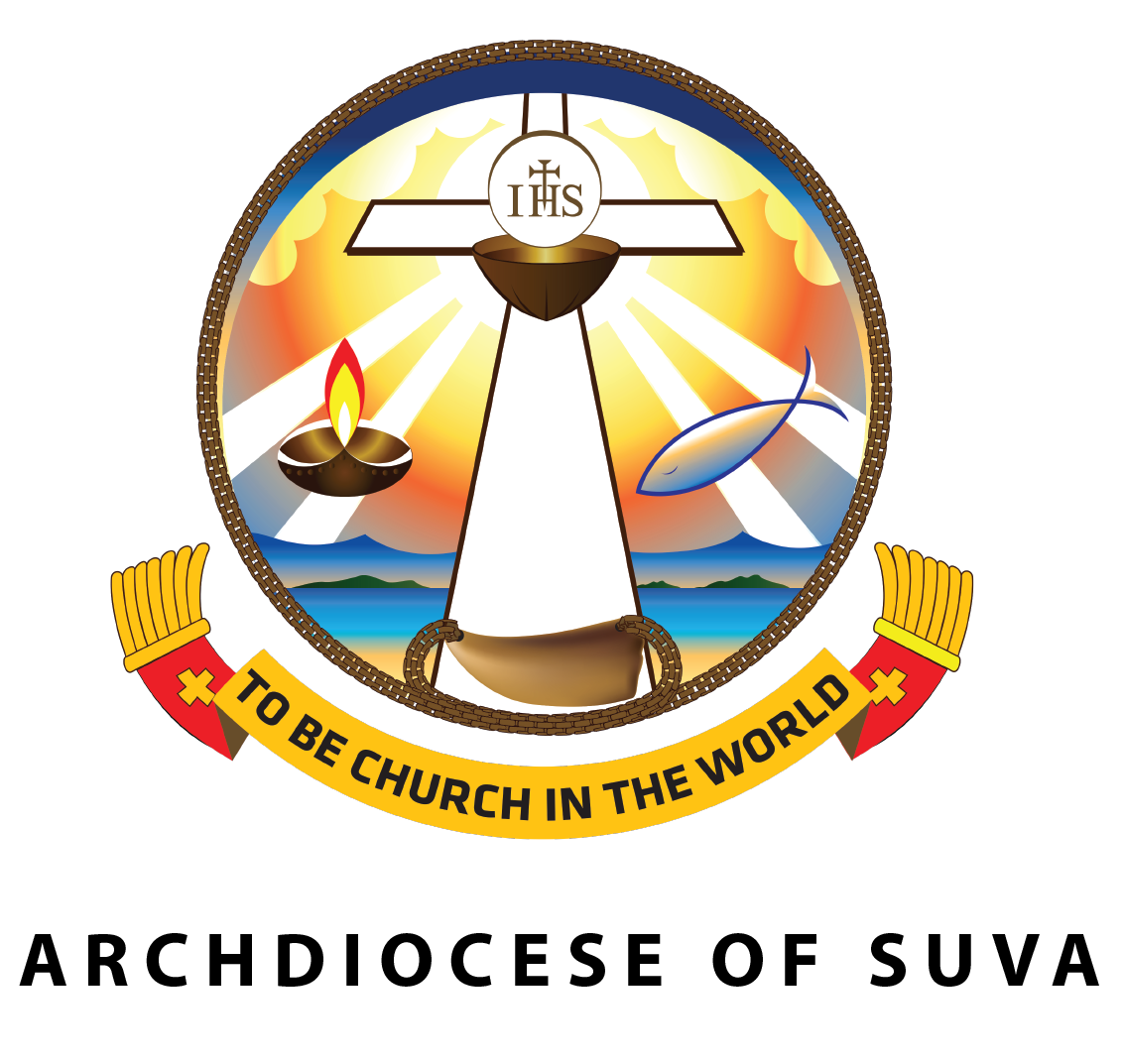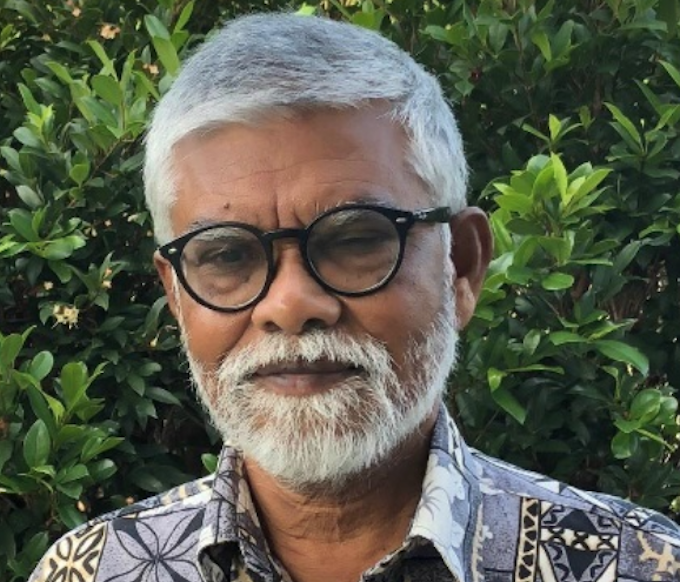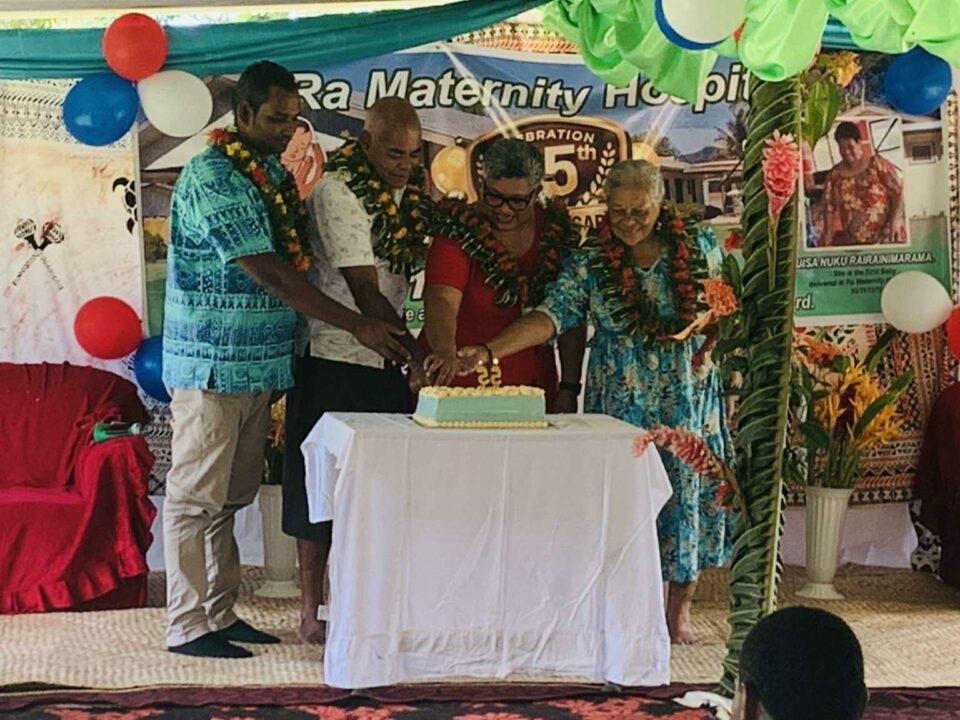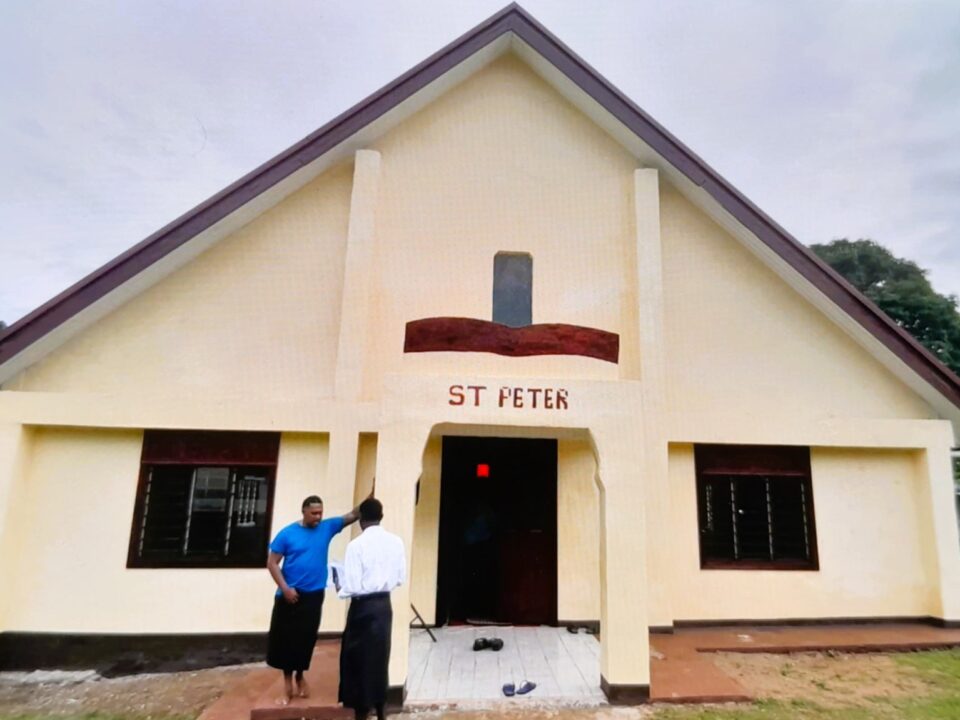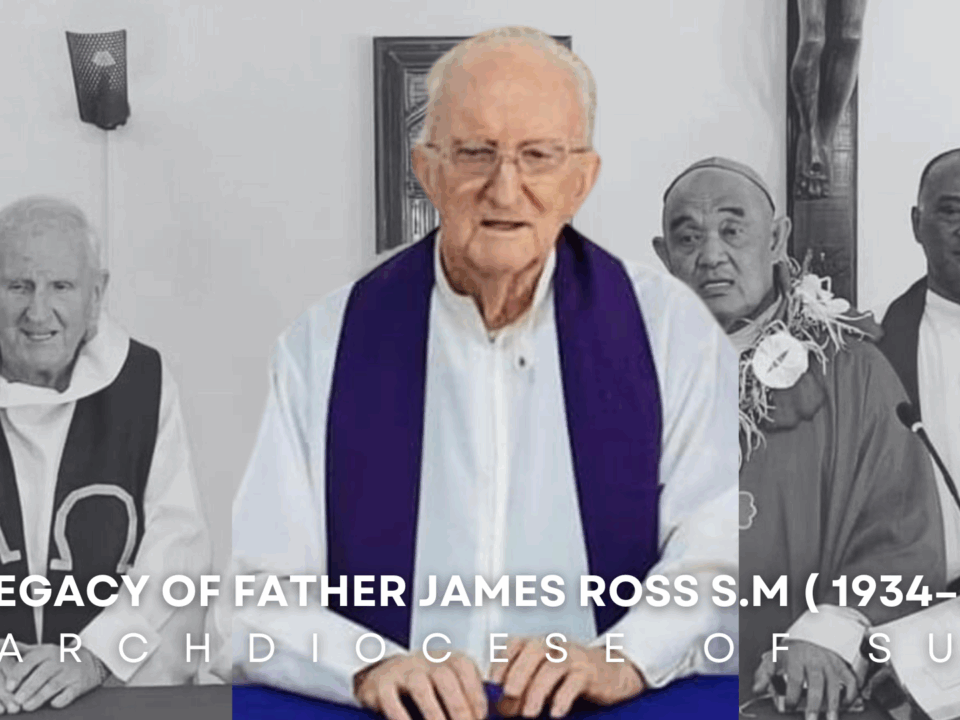Dr. Brij Lal-Historian and the Guardian of Fijian memory
Tribute to Dr. Brij Lal by Archbishop Peter Loy Chong
Why another tribute to Dr. Brij Lal? I had planned that after Christmas to make a silent retreat. During the retreat something tells me to write a tribute for Dr. Lal because I believe that his life has an important message for reshaping Fijian history. History serves as the memory and guardian for the present and the future. History holds the key for making new history and helps us not to repeat the mistakes of the past. When I was writing my doctoral dissertation titled ‘Towards a Fijian Contextual Theology: A Catholic Response to Fiji’s Coup Culture’, Dr. Lal’s books were my main sources for understanding Fijian history. In his book ‘Broken Waves: A History of the Fiji Islands in the Twentieth Century’ he argues that there three important foundations for an understanding of Fijian history in the twentieth century. These are:
1. The Colonial Sugar Refinery Company (CSR)
To boost up Fiji’s economy, Sir Arthur Gordon established the sugar industry.
2. The indenture labor system
The success of the sugar industry depended on a reliable source of cheap labor and thus Sir Gordon brought in indentured laborers from Melanesia, Gilbertese and India.
3. Indirect rule
Brij Lal argues that Gordons most important policy decision concerned the indigenous Fijians. Gordon introduced the ‘indirect rule’ policy – a policy used in other colonies to rule natives. In Gordon’s words, Dr. Lal describes the indirect rule policy: to “seize the spirit in which native institutions have been framed, and develop to the utmost extent the capacities of the people for the management of their own affairs, without exciting their suspicion or destroying their self-respect.” The indirect rule gave birth to the Great Council of Chiefs and the Native Administration (later became the Fijian Administration)
Dr. Lal’s books challenged me to do extensive reading on colonialism and the indirect policy in order to better understand Fijian political history. Dr. Brij Lal states: “The problem of reconciling these competing, indeed, incompatible interests – paramountcy for Fijians, parity for Indians, and privilege for Europeans – is a central theme of the history of Fiji in the twentieth century. Today, however I will add another foundation to Dr. Lal’s three foundations and that is the power of economic globalization, particularly multinational companies. Economic globalization has been labelled as a new form of colonialism because of its power over local governments and states. The death of Dr. Brig Lal is a sad day for Fiji and more so because he died in exile. His exile and death mean that Fiji has lost one of her prominent historians. History is an essential part of society. History tells us where we are coming from and where are we going? A historical consciousness recognizes that human beings not only make history, they also destroy history. Human beings therefore are responsible for the shaping of history. The world’s future lies in the values, decisions and actions of the present human community.
Since human beings are capable of creating and destroying history, they have a key role in the transformation of history and society. Human beings have ethical, moral, and practical obligation towards the transformation of history. Paulo Freire, the renowned Brazilian
educator holds that historical consciousness is a vital tool for people’s liberation and empowerment. He argues that historical consciousness empowers people to be subjects of their history rather being passive objects of history.
The American historian, Gordon S. Wood argues that while history may not teach lessons on how to guide the present and the future, it does however have a profound effect on our consciousness and how we ought to live. He adds that we read or study history because it has something to say to us. If history has nothing to say to us, then it makes no sense to read or study about it at all. He adds that a sense of history tells us how to live today and not to repeat the same past mistakes. Some writers have said that history for a society is like memory for an individual. Without memory, the individual is isolated, cut off from where he has been and who he is.
Along the same vein, Pope Francis states that the solution to society’s problems–the corruption, disorder, and hatred too prevalent today–lies in our historical memory. If we access this historical memory, the story of our past, we will find there the solution to modernity’s problems and a key to save our future. The Pope adds that society is heading for a crisis because there is a lack respect for our history, both personal and cultural. In his Post-Synodal Apostolic Exhortation on Love in the Family: Amoris Laetitia, Francis notes, “The lack of historical memory is a serious shortcoming in our society. Knowing and judging past events is the only way to build a meaningful future. Memory is necessary for growth.” In other words, we need to first learn our history before we can save our future.
I join the many tributes to Dr. Brij Lal, particularly to acknowledge his contribution to Fijian history and Fijian history making. Dr. Lal has rested in peace but his spirit and legacy will live on in his history books. Dr. Lal’s books will serve as the Fijian memory that needs to be recalled and reinterpreted to help guide Fiji’s future. Rest in peace, Dr. Brij
